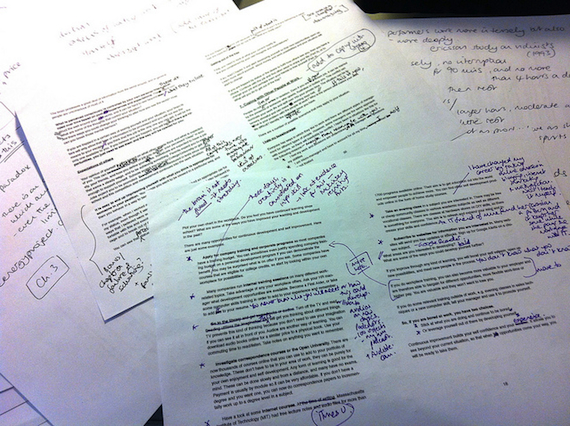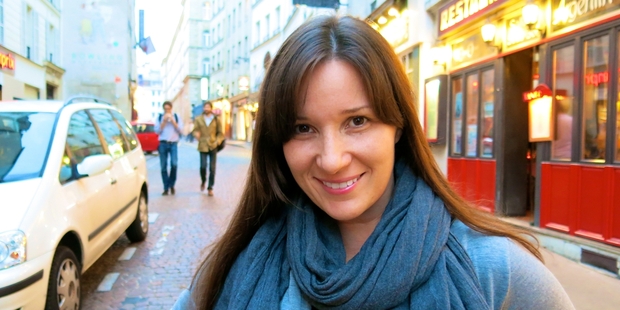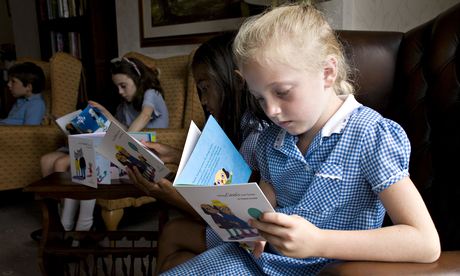The Millions Interview
By Edan Lepucki posted on March 26, 2014

When I was younger (read: 27) I thought all book editors were either bow-tied bald men or sharp-jawed women in extreme eyewear. Also: mean. (In my mind, they slammed their hands on their desk and screamed about the bestseller list.) My silly assumptions were chipped away over time: I worked with the incomparable (and smiley!) Deena Drewis at Flatmancrooked (now of Nouvella); I began to follow more and more editors on Twitter; I had a drink with one or two. What I found in all of them was a passion for books and reading that matched my own; ask an editor about a manuscript they have just shepherded into print and their eyes will get as glittery as a bookseller’s when discussing a staff pick. Editors edit books because they love them.
(They also seem to love tote bags.)
 After I sold my novel to Little, Brown, my editor Allie Sommer and I talked on the phone (for the second time ever). I said, “My parents are so proud of me!” and she said something like, “Mine are so proud of me!” You see, California was Allie’s first acquisition, which means that I share my debut with her, and proudly. I learned so much about writing from working with Allie, and my book is better because she edited it. The editorial process was thorough and humbling, and although I always valued revision, I now see just how deeply it can improve my work. (Also: whenever I watch a show like Homeland with random plot holes I turn to my husband and say, “They should hire Allie. She would never let them get away with that!”) Assistant Editor Allie Sommer is a wizard, a mentor, a harsh task master, a champion, and a friend. (She is also a former sorority girl who has never smoked marijuana…but we won’t hold that against her.)
After I sold my novel to Little, Brown, my editor Allie Sommer and I talked on the phone (for the second time ever). I said, “My parents are so proud of me!” and she said something like, “Mine are so proud of me!” You see, California was Allie’s first acquisition, which means that I share my debut with her, and proudly. I learned so much about writing from working with Allie, and my book is better because she edited it. The editorial process was thorough and humbling, and although I always valued revision, I now see just how deeply it can improve my work. (Also: whenever I watch a show like Homeland with random plot holes I turn to my husband and say, “They should hire Allie. She would never let them get away with that!”) Assistant Editor Allie Sommer is a wizard, a mentor, a harsh task master, a champion, and a friend. (She is also a former sorority girl who has never smoked marijuana…but we won’t hold that against her.)Allie was kind enough to answer a few of my questions about her job.
The Millions: How did you start working in the publishing industry, and why? Did you always want to be an editor?
Allie Sommer: I didn’t always know I wanted to be an editor, but I’ve always been a big reader. My parents claim that “book” was my first word. I’ve been labeled a bookworm my whole life, and so when I was starting to think about what I might want to do for a career, a family friend suggested I might enjoy working as an editor. She recommended me for an internship at a children’s book imprint after my sophomore year of college. While I enjoyed working around books, I still to this day don’t understand what makes a good picture book! The next summer, I got another editorial internship, this time at an adult nonfiction imprint. I was hooked. I knew I wanted to be an editor. As soon as I graduated from college, I started applying for editorial assistant positions at adult trade imprints, and ended up in my dream job working for Little, Brown and Company.
More




















